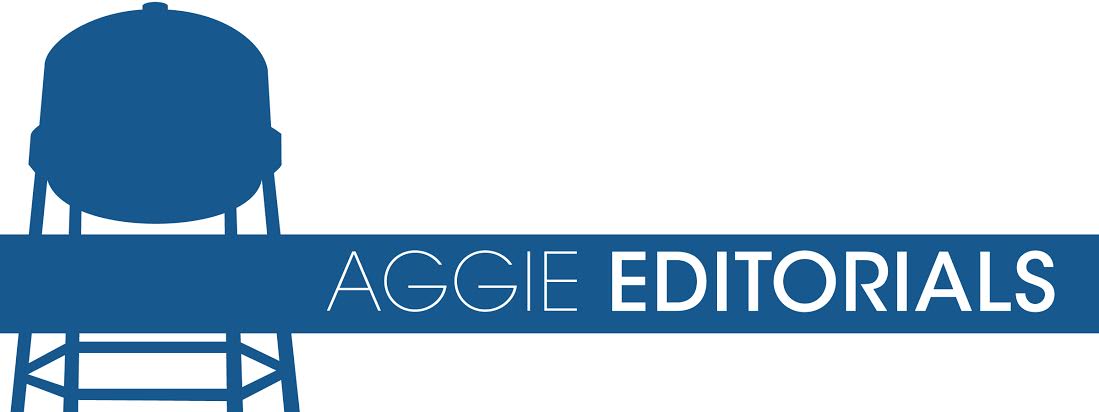
Fee initiative would create fund for student-run green projects
UC Davis students have a unique opportunity in next week’s elections to help contribute to the the future of this campus’ environmental sustainability by voting for The Green Initiative Fund (TGIF). Proposed as a fee initiative, TGIF would create a yearly fund of approximately $150,000 to be distributed among students with projects that aim to improve the university’s environmental footprint. Because the small proposed fee increase of $3 per quarter promises to greatly incentivize student green projects, The Aggie Editorial Board recommends a yes vote on this measure.
As a whole, the UC system has pledged itself to zero-waste by 2020 and carbon-neutrality by 2025. Accomplishing this goal will depend in part on wide support from UC Davis for TGIF. Similar versions of the initiative have already been passed at UC Berkeley, UC Santa Barbara and UC Santa Cruz. Recent grants from UCLA’s Green Initiative Fund have been used for everything from creating a fraternity herb garden to installing solar-powered phone chargers in their student store. A fund like TGIF would create countless opportunities for the student community to get involved.
Through ASUCD, students already pay into funding pools like the Club Finance Council (CFC), which helps registered student organizations pay for events that are proven to be beneficial to the university through an application process.
As part of the $3 that students would be paying, $1 would be used as “Return-to-Aid,” ensuring that students on needs-based financial aid do not see an increase in their fees. The measure also has a sunset clause written into it, guaranteeing that in five years, students will be able to vote again on whether to keep the fee in place. These rules should make TGIF a measure that works for and responds to student needs.
TGIF would be subject to bylaws that ensure funds are distributed fairly and handled responsibly. There would be a committee in place to monitor and track the progress student groups are making on their projects. And, like the CFC, a non-student staff member would be responsible for conducting follow-up meetings with fund recipients to ensure that grants were properly used for their initial purpose. For students who may be interested in creating their own projects, and in the interest of accountability, a list of grants awarded by TGIF will be readily available online to the public.
Even without TGIF, UC Davis has been consistently ranked among the top schools in the nation for environmental sustainability. But there are opportunities to improve. With environmental disasters like the Aliso Canyon methane leak threatening to hamstring California’s emission reduction goals, it is imperative that students recognize the urgency of creating a healthy environment. A vote for TGIF would serve that need now and for years to come.
Voting will take place at elections.ucdavis.edu from Tuesday, Feb. 16 to Friday, Feb. 19.









